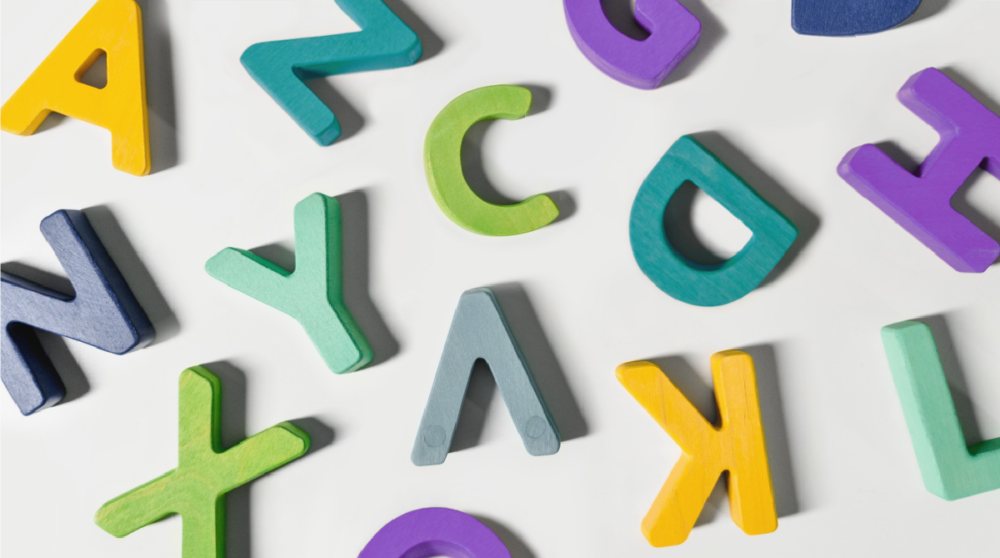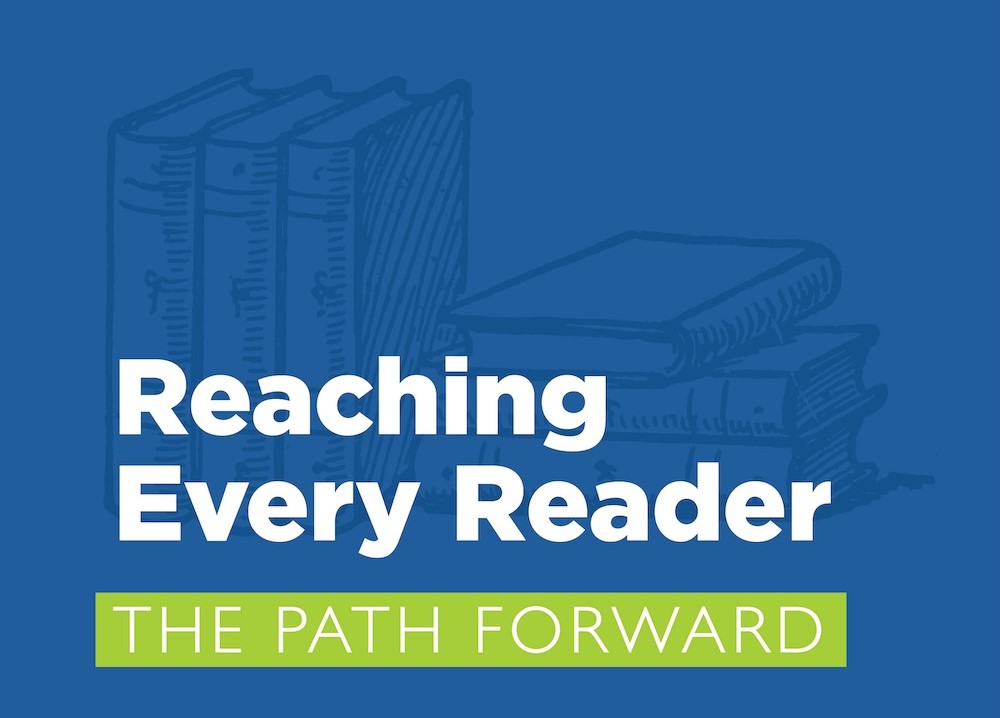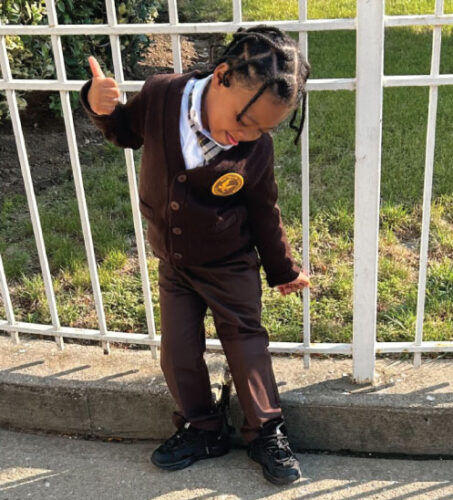A 代表所有人:满足纽约市公立学校残疾和非残疾学生的读写需求
This report documents the need for urgent and sustained action to improve literacy levels for low-income students with disabilities and prepare schools to teach reading effectively for all students. It reviews research and case stories indicating that students with a wide range of disabilities are capable of learning to read if they receive appropriate instruction, discusses the key elements for teaching reading effectively, highlights a number of promising programs in NYC, and provides recommendations for implementing systemic change.

On March 10, 2016, Advocates for Children of New York (AFC) released a report, A 代表所有人:满足纽约市公立学校残疾和非残疾学生的读写需求, which documents the need for urgent and sustained action to address the particularly low literacy levels for low-income students with disabilities and prepare schools to teach reading effectively for all students. In 2015, less than 7 percent of City students with disabilities achieved proficiency on the New York State English Language Arts (ELA) exam. The report reviews research and case stories indicating that students with a wide range of disabilities are capable of learning to read if they receive appropriate instruction, discusses the key elements for teaching reading effectively, highlights a number of promising programs in New York City, and provides recommendations for implementing systemic and lasting change.
Kim Sweet, AFC’s Executive Director, says, “Every year, Advocates for Children receives hundreds of phone calls from parents seeking help for children who are years behind in reading, at times having made it to middle or high school without ever having mastered the basic skills necessary to read street signs or restaurant menus, let alone academic texts. And every year, we see students make remarkable gains when they finally receive high-quality, evidence-based instruction that targets their individual needs.”
“Unfortunately, whether a given student receives appropriate instruction is largely a matter of luck and family resources. We want a student with dyslexia from a low-income family in New York City to have the same opportunity to learn to read and write effectively as a student with the same disability whose family is upper-middle-class.”
亚足联执行董事 Kim Sweet
Eileen Reiter, principal of P.S. 112M Jose Celso Barbosa, one of the schools profiled in the report, says, “It is important to implement an evidence-based literacy program that provides opportunities for all students to access and engage in rigorous instruction that is differentiated to meet the needs of the students.”
Mayor Bill de Blasio and Chancellor Carmen Fariña’s universal second grade literacy initiative aims to provide every elementary school with access to a specialized, highly trained reading coach who can support K–2 classroom teachers by 2018. With this investment as a strong beginning, we urge the City to go further. Today’s report recommends that the DOE:
- Develop a comprehensive, multi-year plan for meeting the literacy needs of all students, including students with disabilities, from pre-K through the end of high school;
- Provide extensive, ongoing professional development and support for classroom teachers, so that they have the expertise and resources they need to be effective in the critical task before them;
- Build literacy expertise and capacity to provide evidence-based interventions in every school;
- Use technology to support instruction; and
- Improve communication with families so that they are able to support their children’s literacy development and obtain assistance when they need it.
Sarah Part, primary author of the report, says, “While closing the literacy gap will require long-term investment and an unwavering, system-wide commitment to the goal of teaching every child how to read, this is an investment we cannot afford not to make. Moreover, noteworthy programs demonstrate that success is possible. We urge the DOE to follow their lead and ensure that all schools have the resources, support, and expertise they need to be successful.”
-
March 10, 2016



